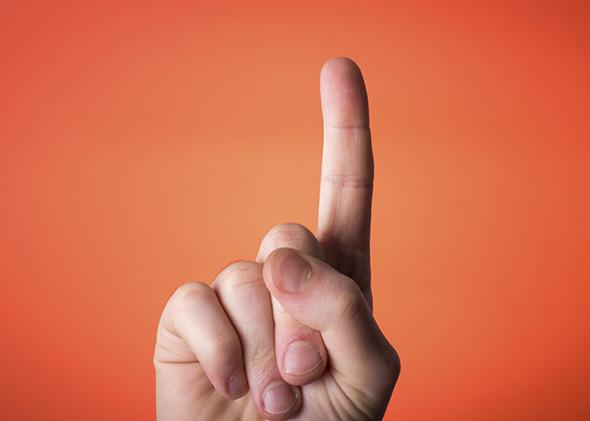According to some Trans-Exclusionary Radical Feminists, trans women exhibit male entitlement through oppressive behaviors of dominance and misogyny, and by just generally continuing to be dicks. They’re also pretty quick to define any assertive action by a trans woman as being evidence of “male energy” or entitlement.
That position has always hit a little too close to home for me. It’s even caused me some shame and discomfort around my identity as a woman, given the fact that I’m not inclined to be polite and demure as some people would have women be. For a while, I just avoided thinking about it, but a recent personal attack has prompted me to unpack and process the life experiences that underpin my motivations as a trans activist.
Specifically, I’m referring to the undeniable reality that my initial call to activism, my awakening, as it were, came from first living the experience of having (and denying) supreme privilege, then suffering the traumatic loss of a massive chunk of that privilege.
I got lucky—really, really lucky—that my birth circumstances and early socialization left me sufficiently free of oppression that would otherwise have held me back: One side-effect of being forced into the boy experience is that I was spared from living the girl experience.
When any trans woman tells you “I was never a boy, I always knew I was a girl,” you should believe her. That’s her personal truth, and it’s an experience common to enough trans women that it has become the default trans-femme narrative. But it’s not universally true, and it’s certainly not how I experienced gender.
I may have been destined to identify as a woman in this world in order to fit and find happiness, but I was most definitely a boy. I probably wouldn’t have picked that identity if it were presented as a choice when I first grew up, but it wasn’t: Boy was forced on me when I was too young to consent (a massive childhood trauma that would overshadow the rest of my life), and I did live under that imposed identity for a very long time.
I can’t erase it, nor would I try, because it’s a massively important part of who I am. It contributes to defining me. But it will not limit me.
Any human who has experienced privilege, around race, gender, class, or some other factor, has the potential to pick up problem behaviors, normalized in childhood, that need to be worked on. For me, that work has meant being mindful about not interrupting people, watching how much space I take up in public, moderating the degree to which I express violent emotions, not taking for granted the service of others, and consciously creating space and opportunities for marginalized people rather than taking it away from them. Those things I work on. Not because those problem behaviors are inherently “male,” but because they are inherently oppressive. Like, please don’t interrupt and shout over other people at community meetings. That’s a really terrible thing to do, regardless of your gender.
On the other hand, traits like assertively expressing my limits, my comfort levels, and boundaries? Loudly demanding that my identity be respected on equal terms? Responding competitively when I see space or resources being allocated in a way that’s unfair and oppressive? Protectively rising up, ready and willing to defend myself or another against threats of harm and injustice? Yes, I am going to keep doing those things. Male socialization? Absolutely. I am most definitely a stronger woman today because I was raised as a boy, but that says more about what society does to little girls than about whether or not I’m a woman.
Regardless of how or why these tendencies were originally normalized in my life experience, I believe they are good and valid behaviors for any person to have, provided it is safe for them. I’ve made a conscious decision to continue being this way, as a woman, rather than bow to misogynist expectations that I be quiet and reserved.
To have my assertiveness and vehemence characterized as “male energy” is intensely hurtful, and it erases my identity. But to regard those traits of strength and self-empowerment as “not female” is an insult to all women.
